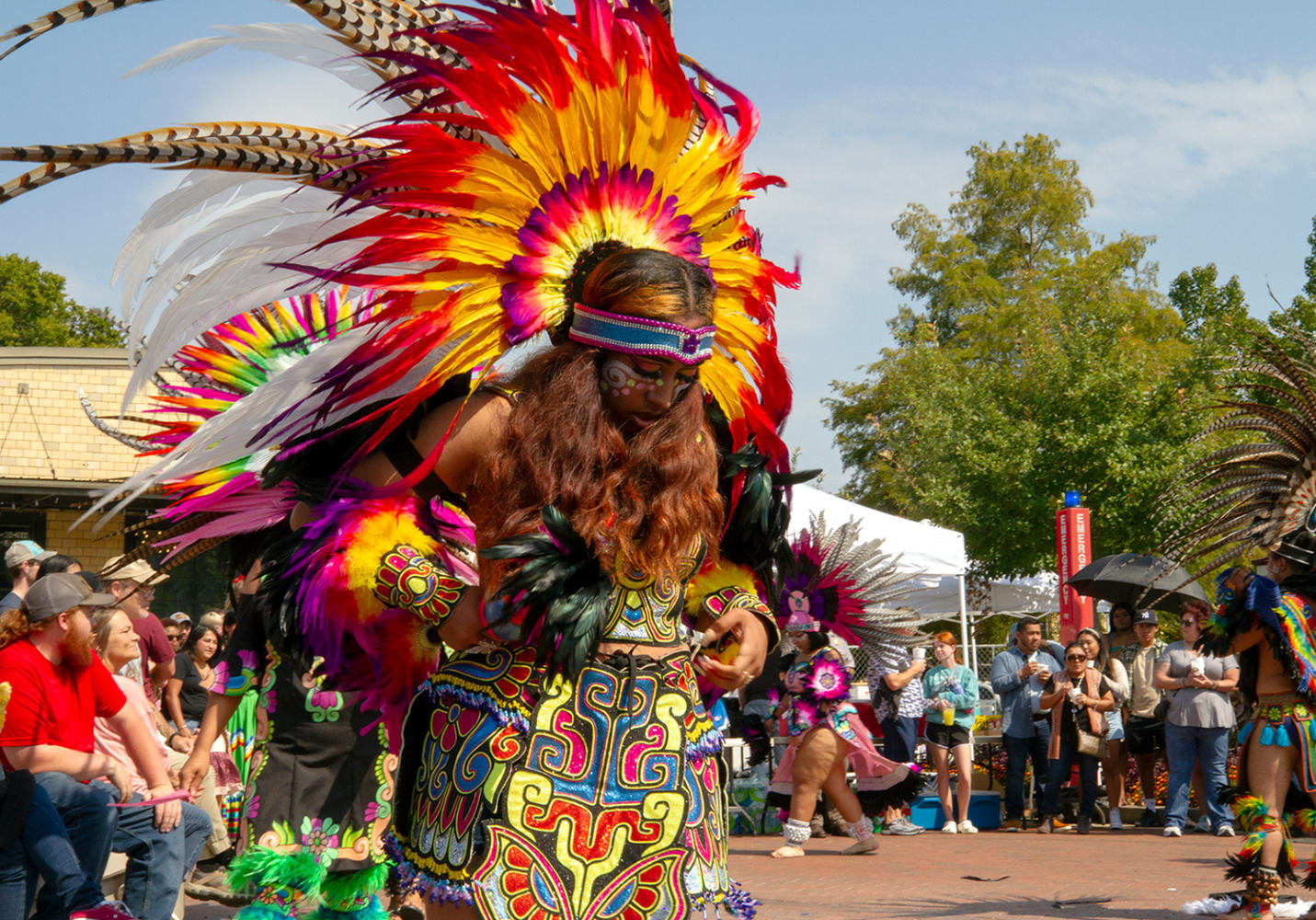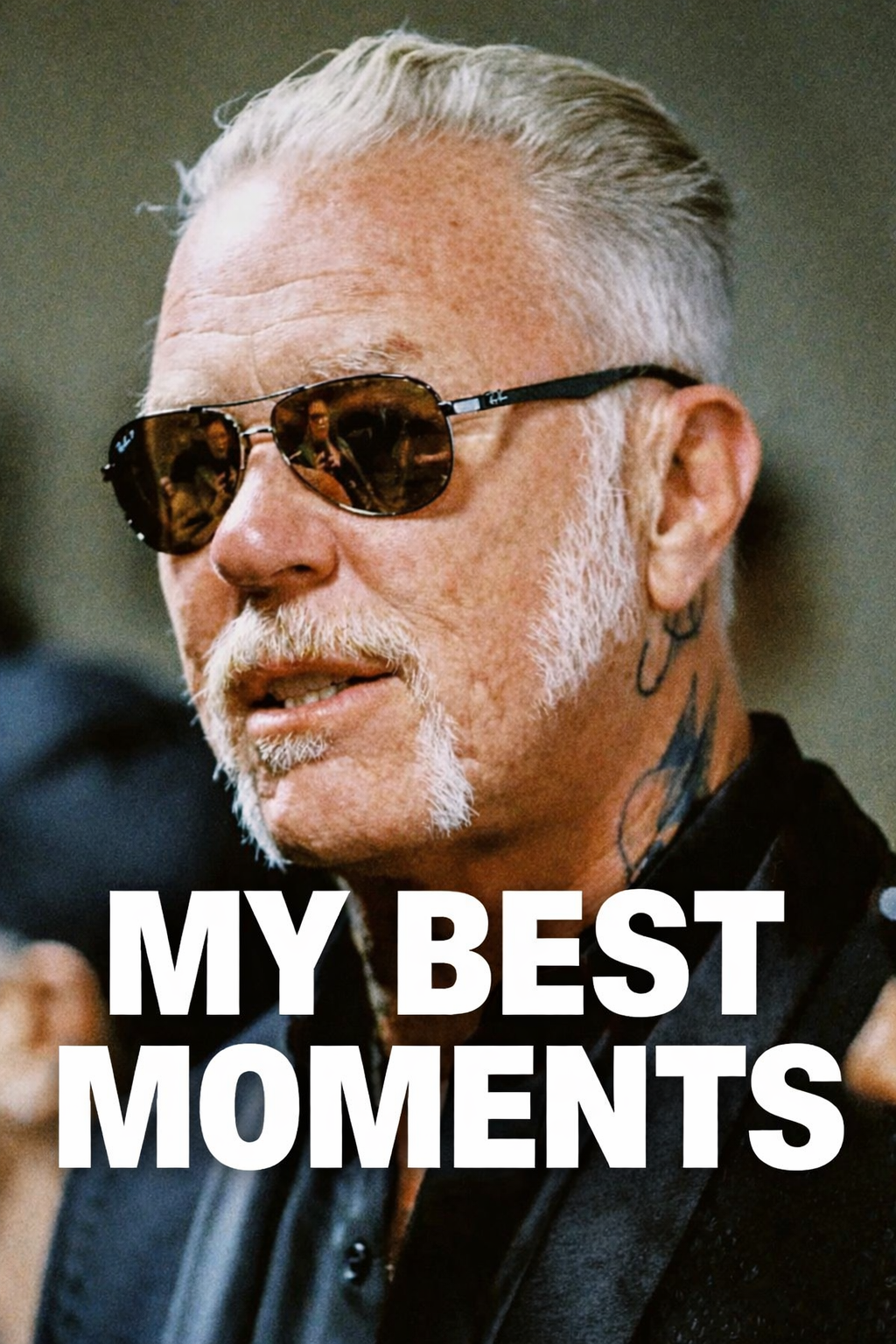Colorado, a state defined by its majestic Rocky Mountains, sweeping plains, and storied past, offers a rich tapestry of history and culture that continues to shape its identity today. From ancient Indigenous civilizations to pioneering gold seekers and modern-day innovators, Colorado’s narrative is one of resilience, exploration, and community. Every mountain pass and prairie town holds tales of those who have called this place home.Long before European settlers arrived, Colorado was inhabited by various Native American tribes, including the Ute, Arapaho, Cheyenne, and Apache. These groups thrived in the diverse landscapes, developing complex societies and spiritual traditions deeply tied to the land. Rock art, sacred sites, and oral histories still offer insight into these cultures, whose legacies are foundational to Colorado’s identity.The mid-19th century marked a turning point with the Pike’s Peak Gold Rush, which drew thousands of fortune seekers westward. In 1858, gold was discovered near present-day Denver, sparking a migration that transformed the region. Towns sprang up almost overnight, and railroads followed, weaving Colorado into the broader national fabric. This period also saw tension and conflict with Native peoples, whose lands were increasingly encroached upon, often leading to violence and displacement.Statehood came in 1876, earning Colorado the nickname “The Centennial State.” It was a time of growth and optimism, yet also one of challenge. The boom-and-bust cycles of mining, the harshness of high-altitude living, and the development of new infrastructure all demanded tenacity from early Coloradans. Their determination laid the groundwork for a state known for both its natural beauty and its self-reliant spirit.Colorado’s cultural evolution has always been influenced by migration. Waves of immigrants from Mexico, Europe, and Asia brought languages, customs, and cuisines that enriched the local fabric. Latino communities, especially in southern Colorado, have long histories that precede the U.S. acquisition of the territory. Their traditions, from music and dance to food and festivals, remain vital parts of the state’s culture.The influence of the Wild West also looms large in Colorado’s heritage. Towns like Leadville and Cripple Creek echo with the stories of lawmen, outlaws, and miners. The lore of figures such as Doc Holliday and Bat Masterson persists in the popular imagination. Today, reenactments, museums, and historic saloons keep this part of history alive for both residents and visitors.Colorado’s natural environment has played a central role in its cultural development. The establishment of Rocky Mountain National Park in 1915 highlighted a growing national appreciation for wilderness and conservation. The state’s dramatic landscapes have inspired artists, writers, and musicians, shaping a cultural identity deeply connected to the outdoors and environmental stewardship.Education and innovation have also marked Colorado’s history. The state has long been home to institutions that prioritize research and the arts, such as the University of Colorado and Colorado State University. The presence of organizations like the Denver Center for the Performing Arts and a thriving local music scene further showcases the state’s dedication to cultural enrichment.Colorado’s urban centers, particularly Denver, Boulder, and Colorado Springs, offer a dynamic contrast to the rural and mountainous regions. These cities have become hubs of technology, entrepreneurship, and creative industries, while still preserving historical landmarks and promoting local traditions. The blending of new and old gives Colorado a unique cultural dynamism.Festivals and local traditions reflect the diverse influences in the state. Events such as the National Western Stock Show in Denver, the Colorado Shakespeare Festival in Boulder, and the Telluride Film Festival draw people from all walks of life. Meanwhile, smaller community gatherings, farmer’s markets, and powwows maintain the communal spirit that has long defined Colorado life.Agriculture continues to be a cultural mainstay, particularly on the Eastern Plains. Here, farming and ranching are more than economic activities—they are ways of life passed down through generations. The cultural values of hard work, perseverance, and close-knit communities are evident in these rural regions, where heritage and tradition are still deeply honored.In recent decades, Colorado has also emerged as a leader in progressive policy and social innovation. From the legalization of cannabis to trailblazing environmental initiatives, the state frequently finds itself at the forefront of national conversations.
These developments add a modern layer to Colorado’s cultural identity, showing a population that is not only rooted in history but also forward-looking.In every corner of the state, Colorado’s local history and culture are palpable. Whether you’re walking through a historic district in Durango, hiking a sacred Ute trail, or enjoying a music festival in the mountains, you are engaging with a place that honors its past while constantly evolving. Colorado’s spirit—rugged yet inclusive, traditional yet inventive—continues to draw people who seek both connection and adventure.

